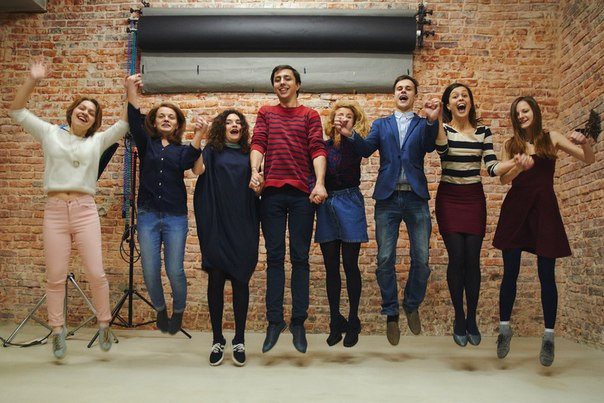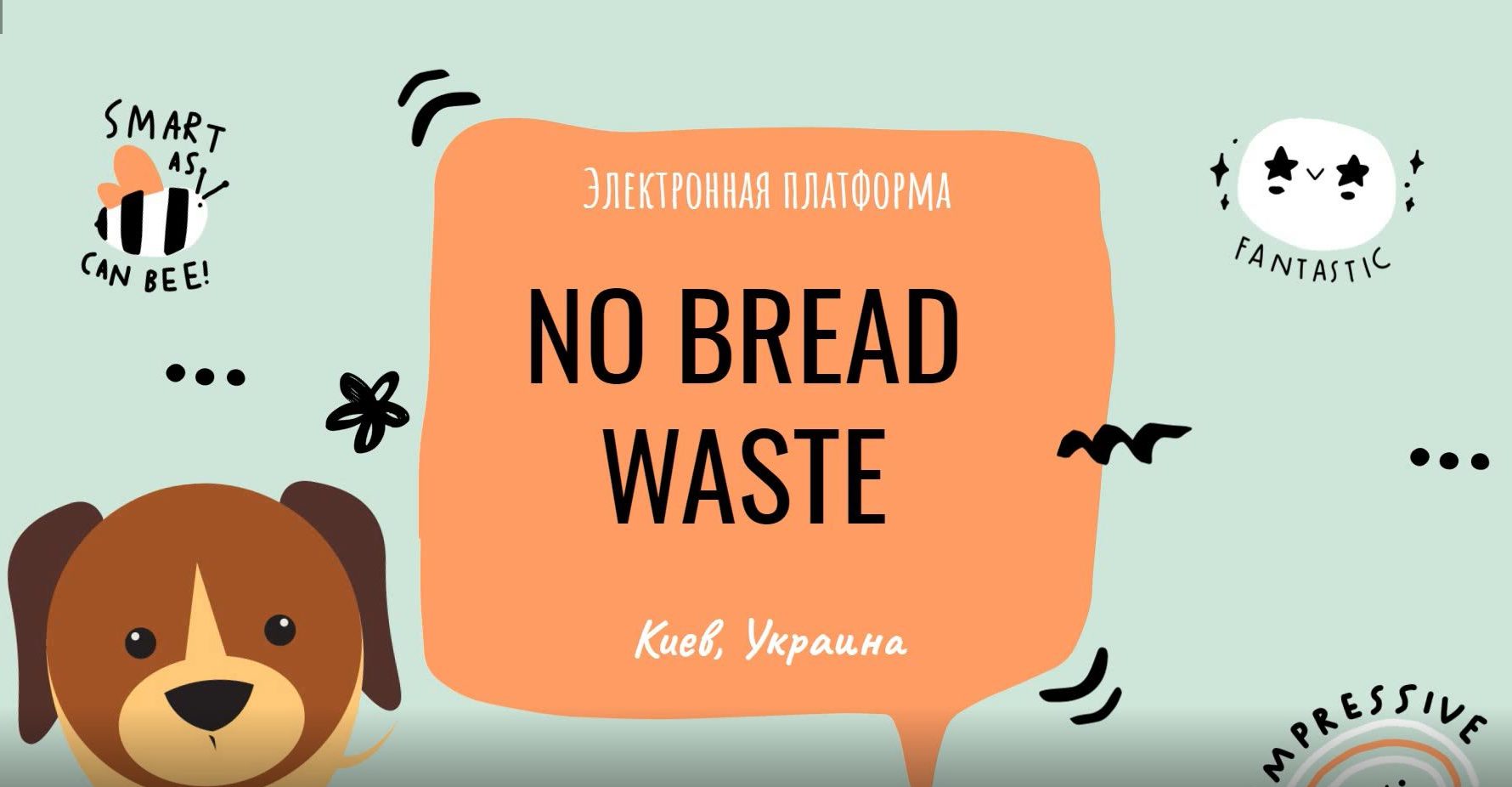by Stas Ghiletchi, Local Correspondent from Moldova

The cooperation with civil society as a result of the implementation of the Association Agreement has yielded mixed results over the years. The public discourse was focused more on division and conflict, than on a constructive dialogue aimed at strengthening cooperation between civil society and the public sector. This struggle can be best illustrated by the continuous delays in development and adoption of the new law concerning the non-governmental organizations.
The process of drafting the new law started in March 2016 by the Ministry of Justice which created a working group with representatives of public authorities and civil society. The adoption of a new NGO law was a provision of the National Action Plan on the implementation of the Association Agreement.
The new draft law contains the following changes compared to the actual law[1]:
- Reduces authorities’ ability to put pressure on non-profit organizations;
- Simplifies the registration of non-profit organizations;
- Allows for a more simple internal organizational structure;
- Prohibits funding of political parties/political candidates during election season;
- Improves the provisions on state funding for non-profit organizations.

In the summer of 2017[2], the Ministry of Justice attempted to amend the draft law and introduced significant limitations of foreign funding of non-governmental organizations. But because of the significant pressure of the local civil society and international organizations and donors, the authorities abandoned the idea. And in 2018, the Parliament adopted in the first reading the draft law on non-profit organizations. Twenty-two months have passed before the Parliament decided to debate and vote for the draft law in the second reading.
Despite the two year delay, the ruling party has made several other attempts to significantly amend the draft law. Before the plenary vote, 11 amendments have been tabled. The most scandalous amendment was the prohibition of the operation of NGOs financed by political foundations (local or foreign). According to Mr. Vladislav Gribincea[3], president of Legal Resource Center from Moldova, an NGO, over 70% of national NGO’s would have been forced to close. But again, because of significant pressure, these attempts failed. Thus, on June 11, 2020 the Parliament finally voted for the draft law. It was one of the few draft laws which was supported unanimously. The opposition joined the governing party after the Socialists decided to drop the tabled amendments.
But when everybody thought that NGO saga was over, five weeks after the Parliament approved the draft law in the second reading, the President has not yet signed the draft law. It is a rather interesting turn of events, considering the fact that the Socialist Party (which is the party of the actual President) voted for the law. According to the Moldovan Constitution, the President can refuse to sign a law only once. If the Parliament votes for it again, then the President is required to sign the bill into law.
As of writing this article it is not known what will be the final conclusion of the road started in 2016. But it does show the tense relationship between the public authorities and local government organizations. Thus, restoring confidence and resetting the dynamic in the relationship between authorities and civil society organizations is an absolute necessity, especially if both parties want to strengthen the framework for cooperation in order to monitor and implement the commitments provided for in the Association Agreement.
Several steps can be made in order to start moving in the right direction:
- Increasing transparency in policy formulation and decision-making, including through the broad involvement of citizens in the budgeting process, starting with identifying and setting spending priorities; Using multiple channels to ask the views of civil society organizations and citizens. It is vital to keep promises and establish a permanent dialogue and exchange of information between authorities and civil society. Only through a genuine involvement of citizens and civil society in the decision-making process trust can be created. This would reduce the possibility of questionable and problematic amendments that were made while debating the new NGO law.
- Improving the financial sustainability of civil society. Reviewing authorities attempts to amend the law, it can be easily observed that financial support is on the most important issues when dealing with NGOs. Most experts agree that Moldovan NGOs are too dependent on foreign support and it would be wise to diversify the income sources. Thus, more concrete actions must be made in order to ensure the sustainability of the non-commercial sector. One example would be the improvement of the percentage designation mechanism in order to increase the number of taxpayers that support NGO work. Another example is the enhancement of the direct granting mechanism, by increasing the transparency of the grant allocation and simplifying the bureaucratic procedures.
- Promulgation of the draft NGO law by the President of the country. Considering the fact that in the past there have been multiple attempts to substantially amend the draft law, the promulgation of the draft law adopted unanimously by the Moldovan Parliament (including the Socialist Party) would send a signal that the authorities are ready to take the first steps to reset the dynamics in the relationship with civil society.
[1] https://crjm.org/apel-public-organizatiile-societatii-civile-solicita-parlamentului-sa-voteze-in-lectura-finala-proiectul-de-lege-nr-109-privind-organizatiile-necomerciale-fara-modificari-ce-ar-ingreuna-activitatea/
[2] http://cnpac.org.md/rom/news/view/tentativa-de-a-limita-finantarea-din-exterior-a-ong-urilor-pune-in-pericol-functio
[3] https://tv8.md/2020/06/11/directorul-crjm-daca-amendamentele-lui-vasile-bolea-la-legea-ong-rilor-erau-acceptate-asta-ducea-la-inchiderea-a-70-din-ong-uri/
This article was produced by Stas Ghiletchi, the Project’s local correspondent and EaP Civil Society Fellow from Moldova in the framework of the EU-funded ‘Eastern Partnership Civil Society Facility – Regional Actions’ Project. Its contents are the sole responsibility of Stas Ghiletchi and do not necessarily reflect the views of the European Union or the Project.
Read more about our local correspondents here.




